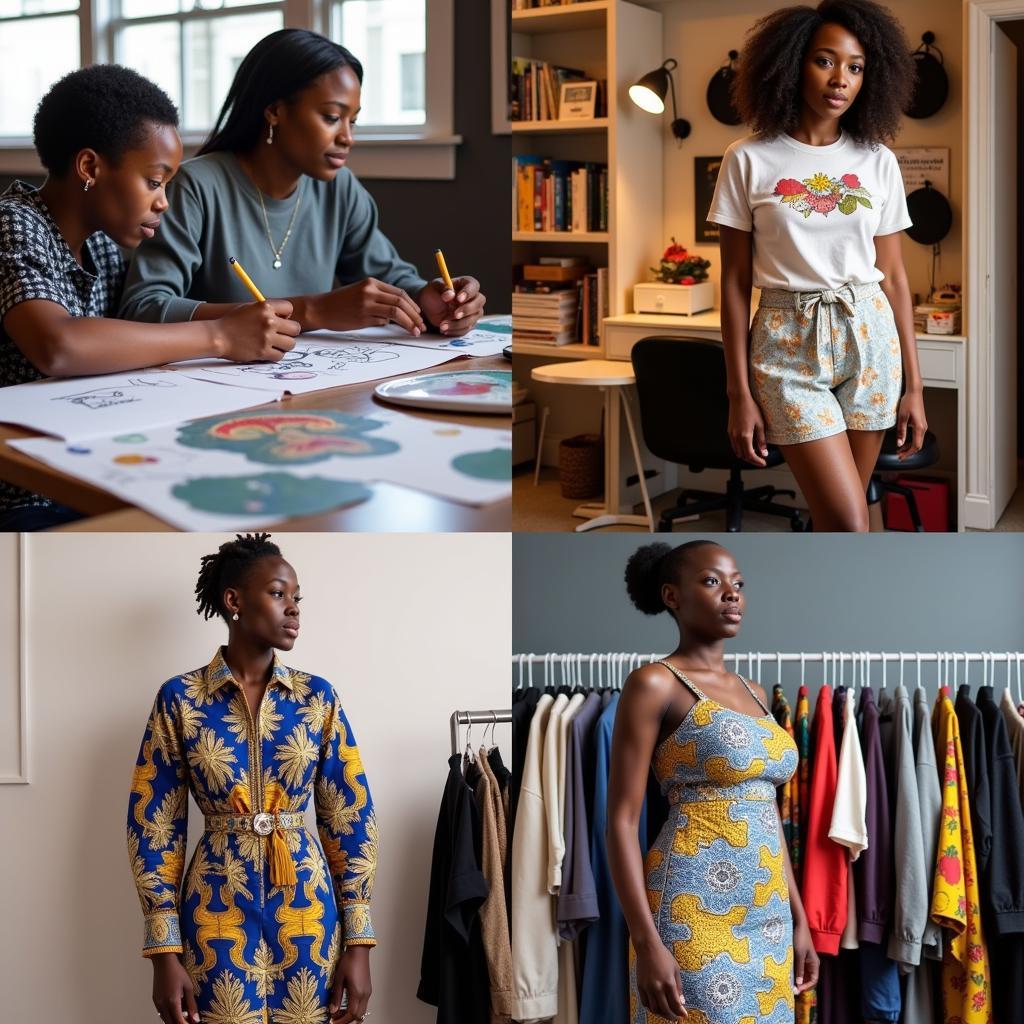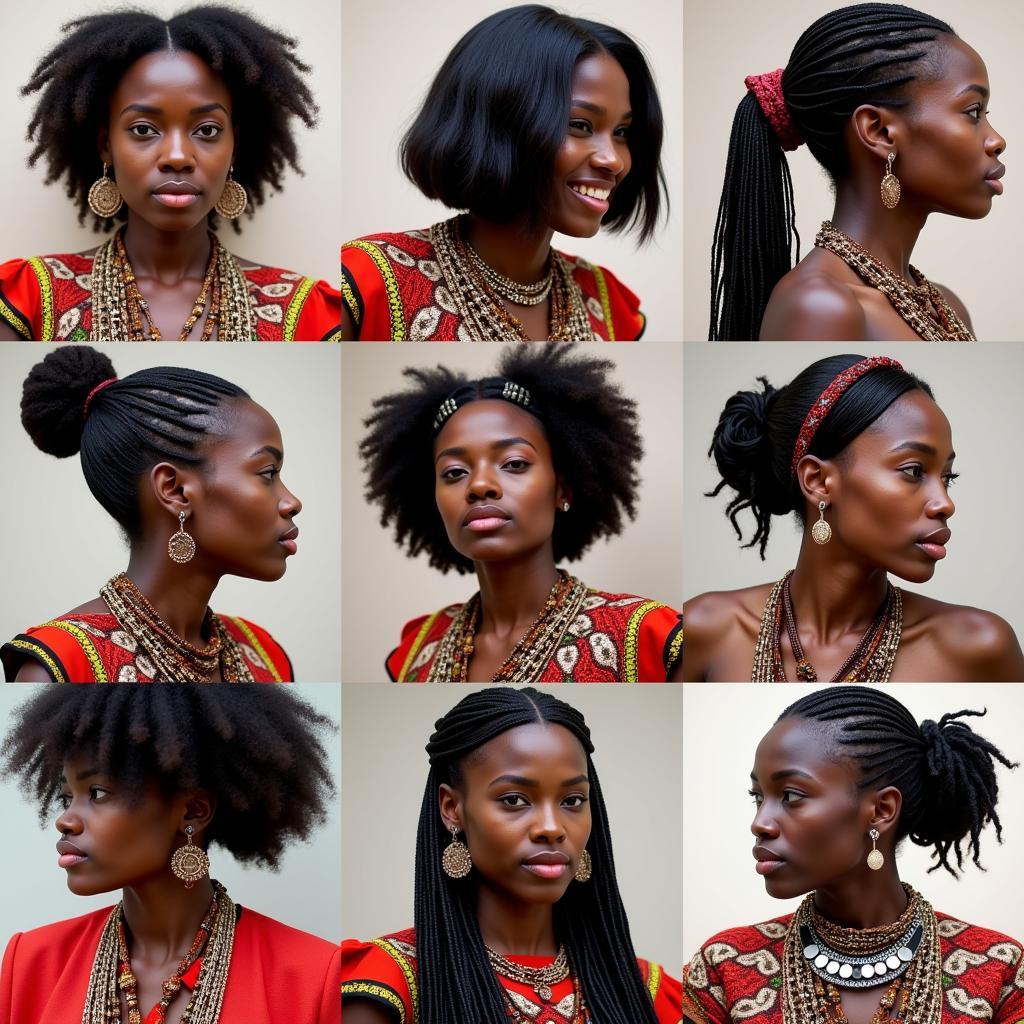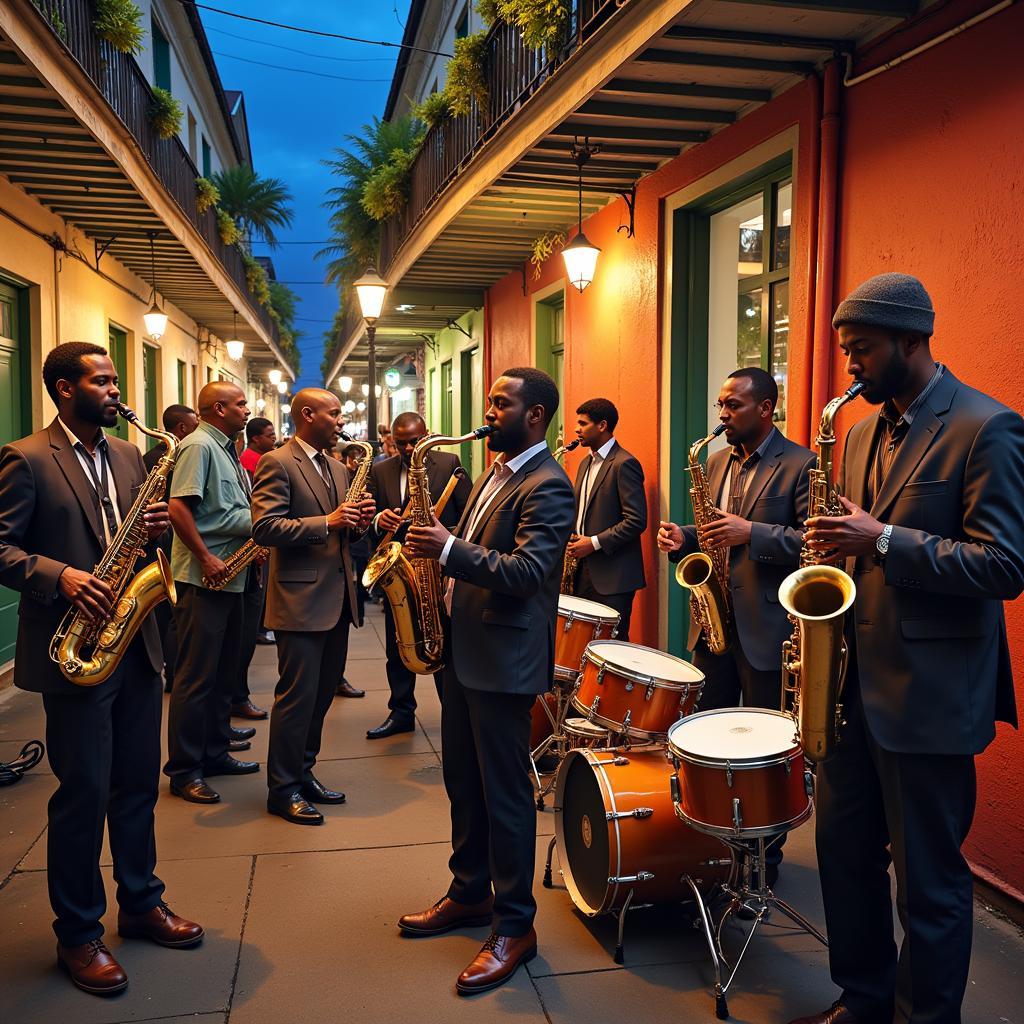A Look Back at 2016 African Film: A Year of Cinematic Excellence
2016 was a significant year for African film, showcasing a diverse range of stories, talents, and cinematic achievements. From thought-provoking documentaries to captivating narratives, the year saw a flourishing of creativity across the continent, captivating audiences worldwide and further solidifying Africa’s place on the global film stage. This article delves into the highlights of 2016 African Film, exploring its key themes, emerging talents, and lasting impact.
Exploring the Diverse Landscape of 2016 African Film
2016 saw a surge in international recognition for African cinema. Films like “Kati Kati” from Kenya, which won the FIPRESCI Discovery Prize at the Toronto International Film Festival, highlighted the power of storytelling to address complex social issues with nuance and sensitivity. The film uses the backdrop of a mysterious halfway house to explore themes of memory, loss, and forgiveness. “Nakom” from Ghana, another critically acclaimed film, offered a raw and intimate portrayal of rural life, exploring the tensions between tradition and modernity.
Looking back, it’s clear that 2016 African film was not monolithic. It encompassed a rich tapestry of genres, styles, and perspectives. From Nollywood’s vibrant and prolific output to the burgeoning independent film scenes in countries like Senegal and South Africa, the year offered a diverse cinematic landscape for audiences to explore. It was a year that challenged preconceived notions about African cinema and showcased its dynamic and ever-evolving nature. Check out the African film festival 2016 for more information.
What Were the Key Themes in 2016 African Film?
Many 2016 African films tackled pressing social and political issues. Themes of corruption, inequality, and the legacy of colonialism were explored with powerful narratives that resonated with audiences both within and beyond the continent. These films offered poignant reflections on the challenges and triumphs of contemporary African Life. For instance, “The Wedding Ring” from Niger explored the complexities of love and marriage in a traditional society, offering a nuanced perspective on gender roles and expectations.
Beyond these weighty themes, 2016 also witnessed a celebration of African identity and culture. Films like “Vaya” from South Africa, a compelling drama about intertwined journeys to Johannesburg, showcased the resilience and spirit of ordinary people navigating the complexities of urban life. These stories offered a powerful counter-narrative to dominant narratives about Africa, highlighting the continent’s rich cultural heritage and the diversity of its human experiences. You can find a diverse collection of African movies on Netflix.
Who Were Some Emerging Talents in 2016 African Film?
2016 was a year that saw the emergence of several promising new voices in African cinema. Directors like Mbithi Masya, the director of “Kati Kati,” garnered international attention for their innovative storytelling and compelling visual style. These emerging talents brought fresh perspectives and unique cinematic voices to the forefront, pushing the boundaries of African film and challenging conventional narratives.
Furthermore, 2016 saw the continued rise of established filmmakers like Alain Gomis, whose film “Félicité” would later win the Silver Bear at the Berlin International Film Festival in 2017. These established figures continued to push the boundaries of African cinema, solidifying their reputations as leading voices on the continent and further elevating the profile of African film on the global stage. Perhaps you’re looking for African American romantic movies list as well.
Conclusion: The Legacy of 2016 African Film
2016 remains a pivotal year in the history of African film. It was a year that showcased the power of African storytelling to captivate audiences worldwide, address critical social issues, and celebrate the richness and diversity of African culture. The films of 2016 laid the groundwork for continued growth and innovation in African cinema, inspiring future generations of filmmakers and solidifying Africa’s position as a major force in the global film industry.
FAQ
- What were some of the most critically acclaimed 2016 African films? “Kati Kati,” “Nakom,” “Vaya,” and “The Wedding Ring” received significant critical acclaim.
- What major film festivals featured 2016 African films? Many 2016 African films were featured at festivals like the Toronto International Film Festival, the Berlin International Film Festival, and FESPACO.
- What were some of the key themes explored in 2016 African cinema? Themes of social justice, political corruption, cultural identity, and the complexities of modern life were prominent.
- Who were some of the rising stars of 2016 African film? Directors like Mbithi Masya garnered international attention for their work.
- Where can I watch some of these 2016 African films? Some may be available on streaming platforms, while others may require further research.
- What is the significance of 2016 for African cinema? The year marked a period of increased international recognition and the emergence of new talent.
- How did 2016 African film impact the global film landscape? It contributed to a more diverse and representative global cinematic conversation.
Need help? Contact us 24/7: Phone: +255768904061, Email: kaka.mag@gmail.com, Address: Mbarali DC Mawindi, Kangaga, Tanzania.



